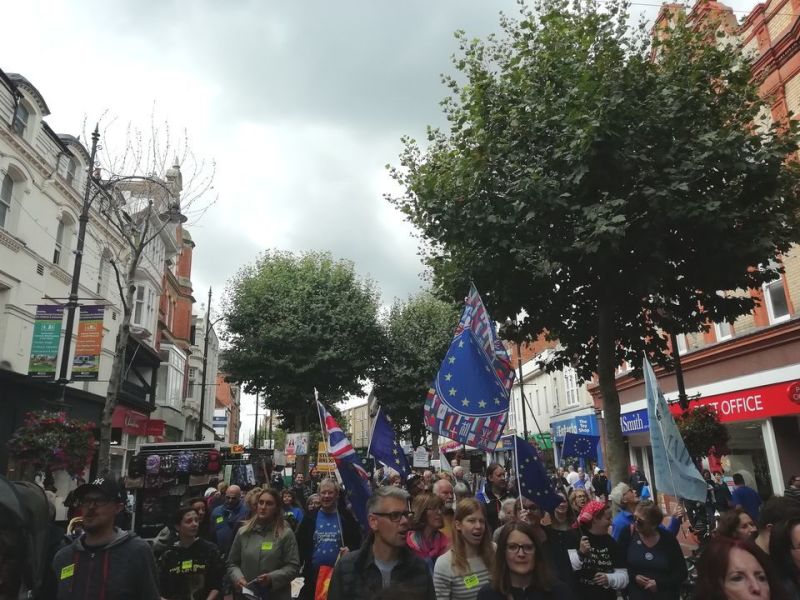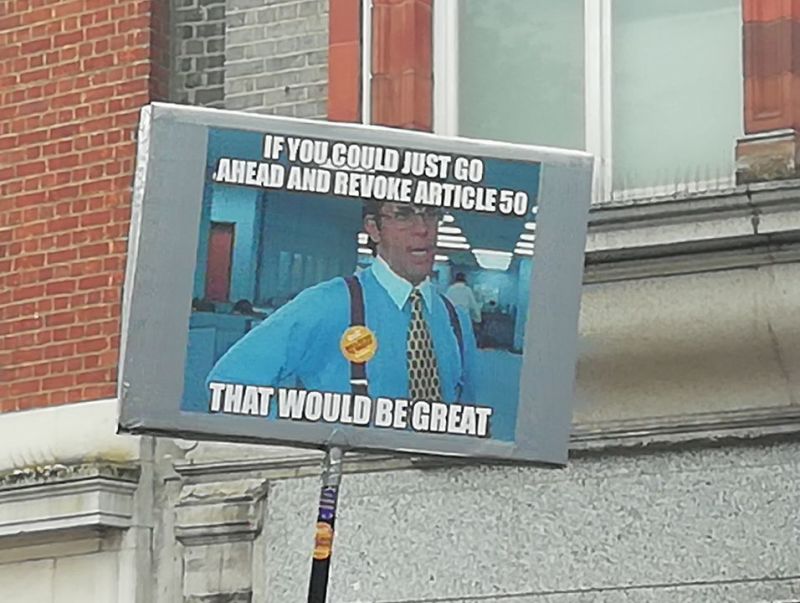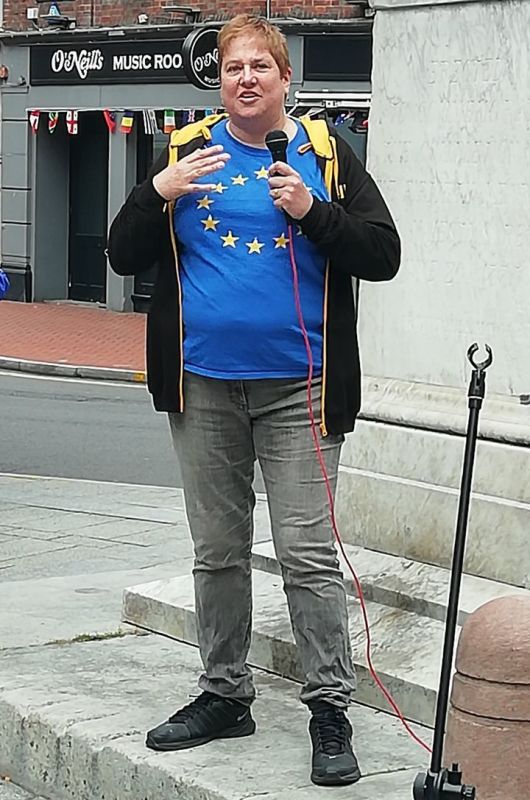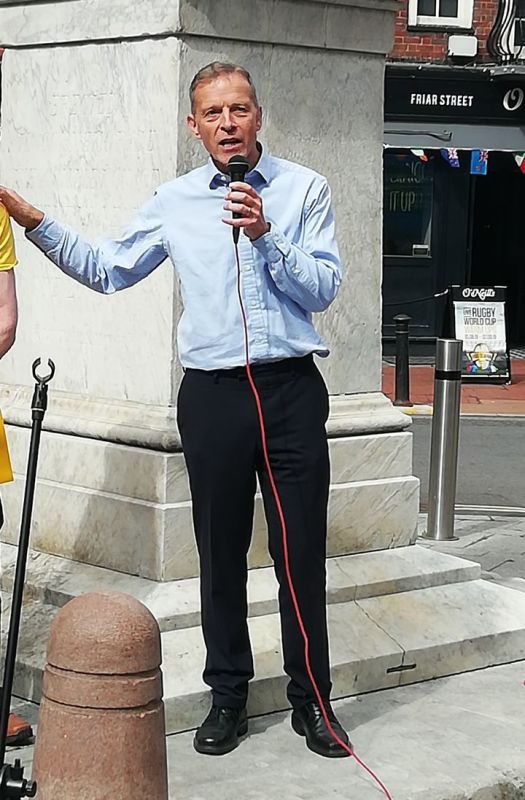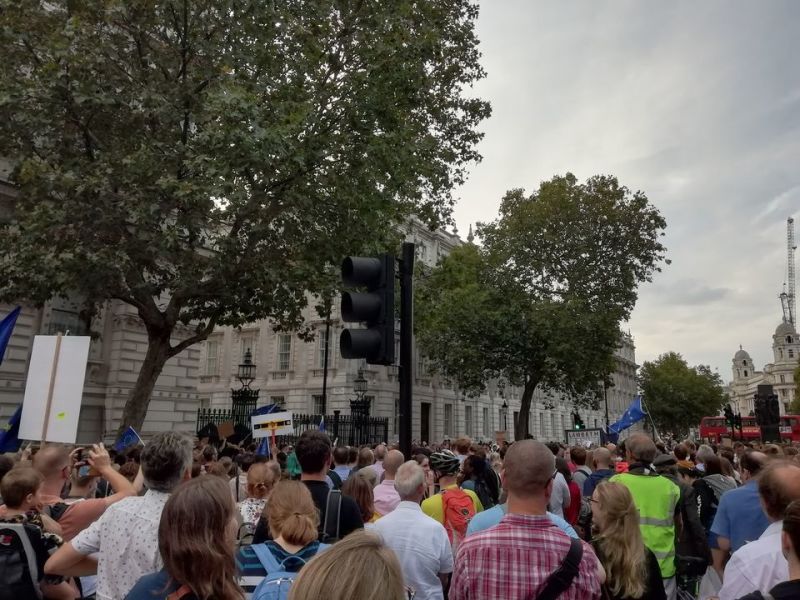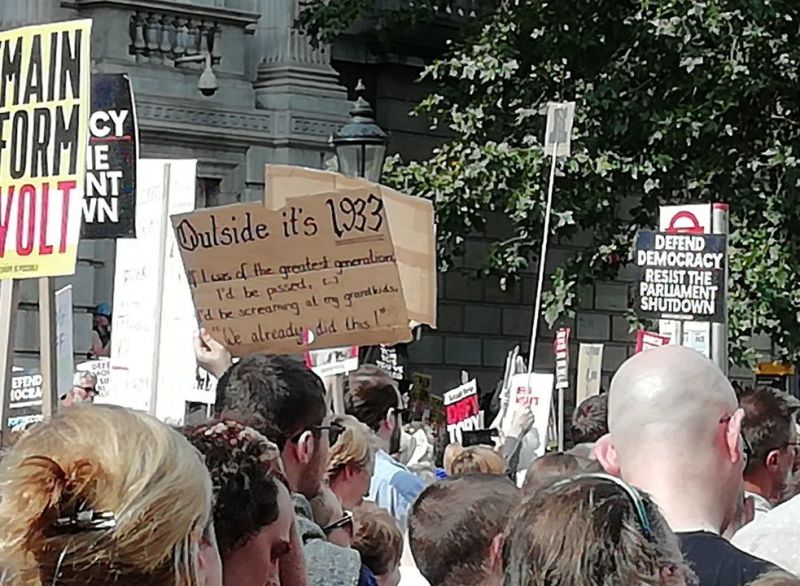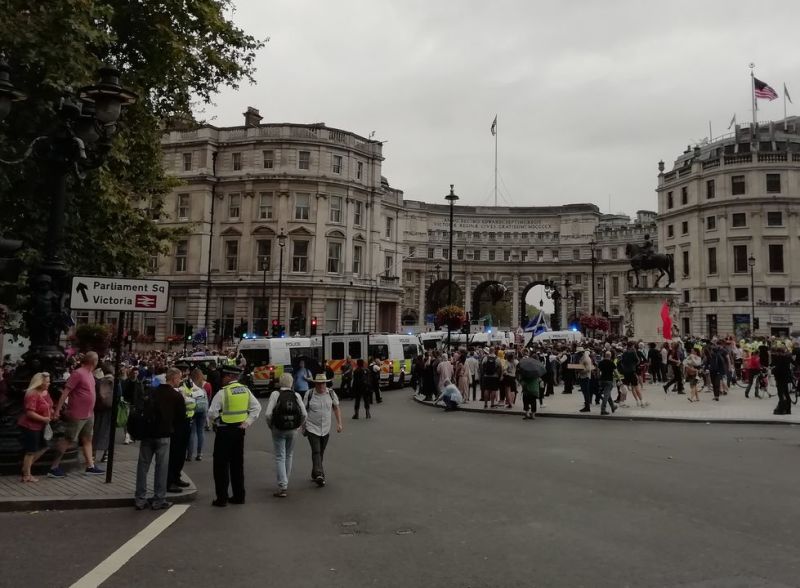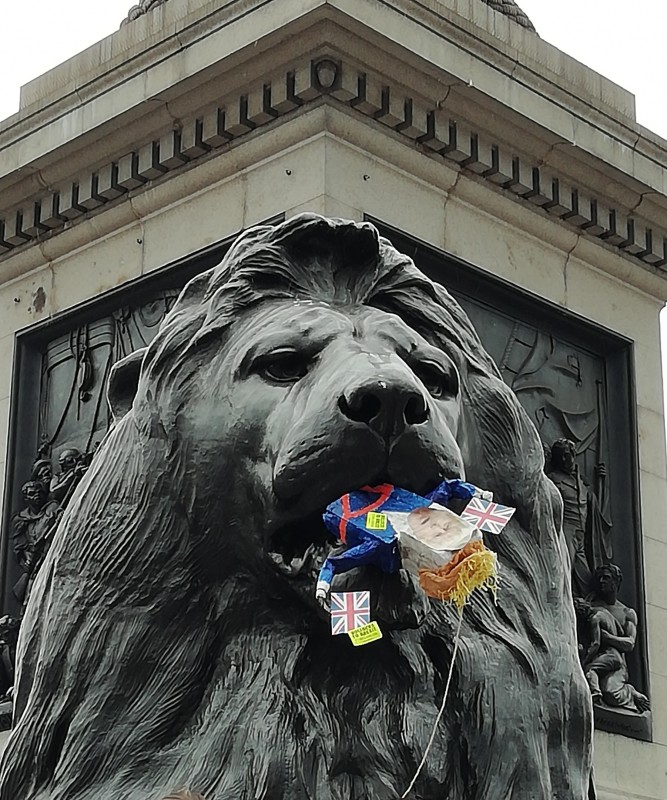The qatsi awards
Dec. 31st, 2024 04:26 pmIt's time for an end-of-the-year post. Lots of things happened in 2024.
At last we got rid of the Tories, although Starmer seems almost as tone-deaf as his predecessor (in either government or party dimensions). It's true, of course, that things can't be fixed overnight, but he doesn't seem to do "hope" particularly well. Locally, the Tories lost the seat to Labour, with a disappointing Lib Dem result, although recently I reflected that perhaps we had taken some votes from the Tories, which would have been important in the final result. I suspect there are quite a few places where the margin of victory wasn't particularly high, and as a result the parliamentary landslide is shallow. Reform are emboldened by Trump's victory in the US and the Tories seem determined to track them rather than attract voters by returning to more central ground. I have the feeling this won't end well.
Given my post from last year, I should observe that since November we've been connected with full fibre. So far, so good. It turns out, in a repeat performance of digging up the roads, Virgin Media is also an option now. It seems everyone apart from BT/Openreach think it's worth laying fibre here. There might be regulatory reasons for that.
A friend, who is a few years older, retired early from their job, precipitated by changes to USS. It was bound to start happening at some point, but nonetheless it was a psychological jolt. For me, work has been a mixed bag and there are definitely some things I don't like about it. Over the holiday period I have been researching, planning and playing what-ifs with spreadsheets. I can't quite access my SIPP yet, but it's getting close enough that I think it's worth contacting Pension Wise in the new year, probably following up with real financial advice. Things would be a lot easier if I thought there were benign economic waters ahead in the next four years.
Anyway, here are some highlights from my year:
Honourable mentions for
The Devil's Flute Murders (fiction); The Subterranean Railway (non-fiction); The Britten Sinfonia and the Will Gregory Moog Ensemble at the Barbican, and Jonathan Scott's Organ Recital and two Kanneh-Masons at the Proms (music); One Life and Moonflower Murders (film, TV and theatre); MUZA in Valetta, the Tarxien Temples and the Ħal Saflieni Hypogeum (exhibitions and visits).
At last we got rid of the Tories, although Starmer seems almost as tone-deaf as his predecessor (in either government or party dimensions). It's true, of course, that things can't be fixed overnight, but he doesn't seem to do "hope" particularly well. Locally, the Tories lost the seat to Labour, with a disappointing Lib Dem result, although recently I reflected that perhaps we had taken some votes from the Tories, which would have been important in the final result. I suspect there are quite a few places where the margin of victory wasn't particularly high, and as a result the parliamentary landslide is shallow. Reform are emboldened by Trump's victory in the US and the Tories seem determined to track them rather than attract voters by returning to more central ground. I have the feeling this won't end well.
Given my post from last year, I should observe that since November we've been connected with full fibre. So far, so good. It turns out, in a repeat performance of digging up the roads, Virgin Media is also an option now. It seems everyone apart from BT/Openreach think it's worth laying fibre here. There might be regulatory reasons for that.
A friend, who is a few years older, retired early from their job, precipitated by changes to USS. It was bound to start happening at some point, but nonetheless it was a psychological jolt. For me, work has been a mixed bag and there are definitely some things I don't like about it. Over the holiday period I have been researching, planning and playing what-ifs with spreadsheets. I can't quite access my SIPP yet, but it's getting close enough that I think it's worth contacting Pension Wise in the new year, probably following up with real financial advice. Things would be a lot easier if I thought there were benign economic waters ahead in the next four years.
Anyway, here are some highlights from my year:
- Fiction - The Assassin of Verona, by Benet Brandreth
- Non-fiction - You're Him, Aren't You?, by Paul Darrow
- Music - Henry Wood's orchestration of Pictures at an Exhibition at the Proms
- Film, TV and Theatre - Ludwig (unblogged)
- Museums, Exhibitions and Visits - Yoshida at Dulwich Picture Gallery
- Food and Drink - Kinnie Spritz at Aaron's Kitchen in Valetta
Honourable mentions for
The Devil's Flute Murders (fiction); The Subterranean Railway (non-fiction); The Britten Sinfonia and the Will Gregory Moog Ensemble at the Barbican, and Jonathan Scott's Organ Recital and two Kanneh-Masons at the Proms (music); One Life and Moonflower Murders (film, TV and theatre); MUZA in Valetta, the Tarxien Temples and the Ħal Saflieni Hypogeum (exhibitions and visits).
![The Prime Minister must go! [Insert the name of the current Prime Minister] must go!](https://qatsi.dreamwidth.org/file/800x800/91161.jpg)
